

Drishtipaat: Glance ...
Drishtipaat: Glance to Consciousness
Pictorial Collection of Ishvar Ashram, Srinagar by: Yogendra Tiku , Meena Sopory , Suresh Sopory₹2,000.00 Original price was: ₹2,000.00.₹1,800.00Current price is: ₹1,800.00.
ISBN: 9788124612026
Year Of Publication: 2023
Edition: 1st
Pages : xiv, 161
Language : English
Binding : Hardcover
Publisher: D.K. Printworld Pvt. Ltd.
Foreword By : Dr. Chaman Lal Raina
Size: 30
DRISHTIPAAT, is a glimpse into the life and times of the three great saints of Ishvar Ashram, Nishat, Srinagar Kashmir. This book makes their presence felt all around us. The pictorial journey, takes the reader, in the serene and benign presence of the great Shaiva master Shree Lakshman Joo, Devi Sharika Ji and Devi Prabha Ji. Their drishti (glance), through the pictures, and shlokas make readers drench with the Divine Grace and their blessings.
“Drishtipaat: Glance to Consciousness” Cancel reply
- Sale!Sallekhana by: Shugan Chand Jain, Christopher Key Chapple,
₹1,200.00Original price was: ₹1,200.00.₹1,080.00Current price is: ₹1,080.00.Jainism regards life to be eternal. Recognizing that the soul can never die, but merely takes a new body, a careful tradition welcoming death through intentional fasting developed more than two thousand years ago. A legal challenge Rajasthan was put forward in 2013, suggesting that this practice is harmful and coercive and targets women in particular. For a short while Sallekhanā, which means the “thinning of existence,” was declared illegal. In response to this controversy, three conferences were convened by the International School for Jain Studies to explore the legal, religious, and medical aspects of this practice. Experts discussed the long history of the practice, attested to in epigraphs throughout India; the ways in which fasting to death has become an acceptable practice in the Western world; and contemporary instances of its observance in India. This volume presents an interdisciplinary approach to thinking about the end of life, from biomedical, historical, religious, and legal perspectives.
- Sale!Wittgensteinian Realms of Religious Beliefs, Values and Metaphysics by: K. C. Pandey
₹5,700.00Original price was: ₹5,700.00.₹5,130.00Current price is: ₹5,130.00.All that cannot be expressed in language, for early Wittgenstein, belong to the realm of Unsayable or Showable. Such a realm consists of religious beliefs, ethical values, aesthetics, metaphysics, solipsism, love, death among other aspects of life which language is incapable of depicting successfully. Later Wittgenstein did not insist on the inexpressibility of these realms as each of them has their own distinct form of life. In this background this anthology is an attempt to explore various facets of these aspects of Wittgensteinian philosophy through various elucidations and interpretations. It is classified into three sections, viz. “Religious Beliefs, Wittgensteinian Fideism, Religious Pluralism, and Cultural Debates”, “Absolute Value, Ethics, Aesthetics, Architecture” and “Subjectivism, Solipsism, Metaphysics, and Hermeneutics”. It aims at bringing out the current development in the field as found in the debates and discussions on Wittgensteinian philosophy in the contemporary philosophical world.
- Sale!Visistadvaita’s Critique of the Advaita Hermenqutics by: Himani Vasudev
₹500.00Original price was: ₹500.00.₹450.00Current price is: ₹450.00.Vedānta is the very heart of Indian philosophy. The various schools of Vedānta have been explored under diverse categories including ontological and epistemological, but they are a storehouse of so much more. “Hermeneutics” in simple words can be the theory of interpretation and this book has studied the critique of the Advaita hermeneutics by Rāmānujācārya based on Vedic statements like tat tvam asi, tadaikāta bahu syāma, neha nānāsti kiñcana and many others in his book Vedārthasaṁgraha which mirrors a complete vision of the Upaniṣads. Rāmānujācārya has shown how the Śruti statements can be seen in a coherent manner resolving the conflicts of bheda and abheda. The nature of a word and its various śaktis, followed by how successful are words in describing the concepts of sat, cit and ānanda, are also discussed here.
This book is an initial effort in the hermeneutic studies of Indian texts, which have been kept limited to the scope of philosophy, theology or religion alone. Many more linguistic treasures can be found here. - Sale!An Introduction to Jain Philosophy by: Parveen Jain
₹1,600.00Original price was: ₹1,600.00.₹1,440.00Current price is: ₹1,440.00.It is well-known that the Jain tradition has been extremely influential in the development of Indian thought and culture. The Jain tradition teaches that there is an interdependence of perception, knowledge, and conduct unified by an axiomatic principle of non-violence in thought, speech, and action. In this way, non-violence defines the core of the Jain tradition, which has had a profound effect on other dharmic traditions originating in India. Jain Dharma is so significant that in some ways it may be incomplete to attempt to understand other Indian traditions (such as Buddhism or Hinduism) without knowing the basics of the Jain tradition, since these other traditions developed in an ongoing dialogue with the insights and wisdom of Jain respondents and visionaries.
This book enables the reader to enjoy a comprehensive journey into the intricate world of Jain thought and culture in a way that is philosophical in its compelling rationality, deeply spiritual in its revelations, yet accessible in its language. The organization of this book allows the reader to engage in an overview of the central teachings of the Jain tradition, but also to ascertain the profundity of its depths. It can be read with equal efficacy in succession from beginning to end, or pursued by individual topics of interest to the reader. Either strategy will have the same effect: a systematic understanding of what the timeless teachings of Jain thinkers have to say about the universal issues of the human condition – and how we might understand our harmonious relationship with other living entities as a powerful and effective spiritual journey. - Sale!Mind and Cognition An Interdisciplinary Sharing by: Kuntala Bhattacharya, Smita Sirker, Madhucchanda Sen,
₹4,000.00Original price was: ₹4,000.00.₹3,600.00Current price is: ₹3,600.00.“Knowing one’s tradition is important; but only when tradition is not presented as fossilised but as continuous with our present-day living. In most places we do not make enough effort to show the link between the classical philosophical thoughts and the contemporary world view. We need to show that we can still meaningfully interact with the classical philosophical systems”, writes Amita Chatterjee in her seminal essay “In Search of Counterpoints”. This volume is dedicated in her honour. “Knowing one’s tradition is important; but only when tradition is not presented as fossilised but as continuous with our present-day living. In most places we do not make enough effort to show the link between the classical philosophical thoughts and the contemporary world view. We need to show that we can still meaningfully interact with the classical philosophical systems”, writes Amita Chatterjee in her seminal essay “In Search of Counterpoints”. This volume is dedicated in her honour. Chatterjee belongs to a genre of philosophers, who have as part of their cultural heritage, like Raghunath Siromani and Immanuel Kant. Chatterjee, in addition to breaking cultural boundaries, desired to break boundaries that have kept professional disciplines apart. She deeply believes that there are certain basic questions that are questions not for any specific discipline. These questions, she thinks, could not be answered by remaining within one single discipline. It is no surprise that she was the founder of the first Cognitive Science Centre in India. Responding to her multifaceted academic talent, forty academics from diverse disciplines and from all over the world have contributed papers to this volume. The major areas of Chatterjee’s interest that feature in this volume are: (i) Fusion Philosophy, (ii) Mind and Cognition, (iii) Mind and Perception, (iv) Mind and Language, (v) Logic and Vagueness, (vi) Logic, (vii) Indian Philosophy, and (viii) Philosophy, Society and Popular Culture. Chatterjee’s intellectual autobiography and her responses to each of the papers are parts of this volume.
ISBN 9788124609514 (vol. 1)
ISBN 9788124609521 (vol. 2)


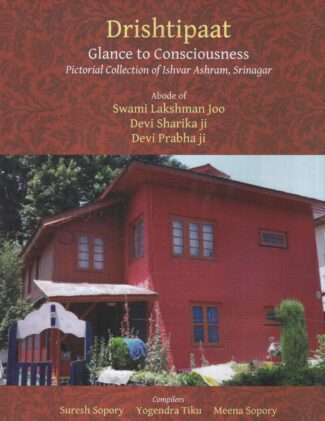


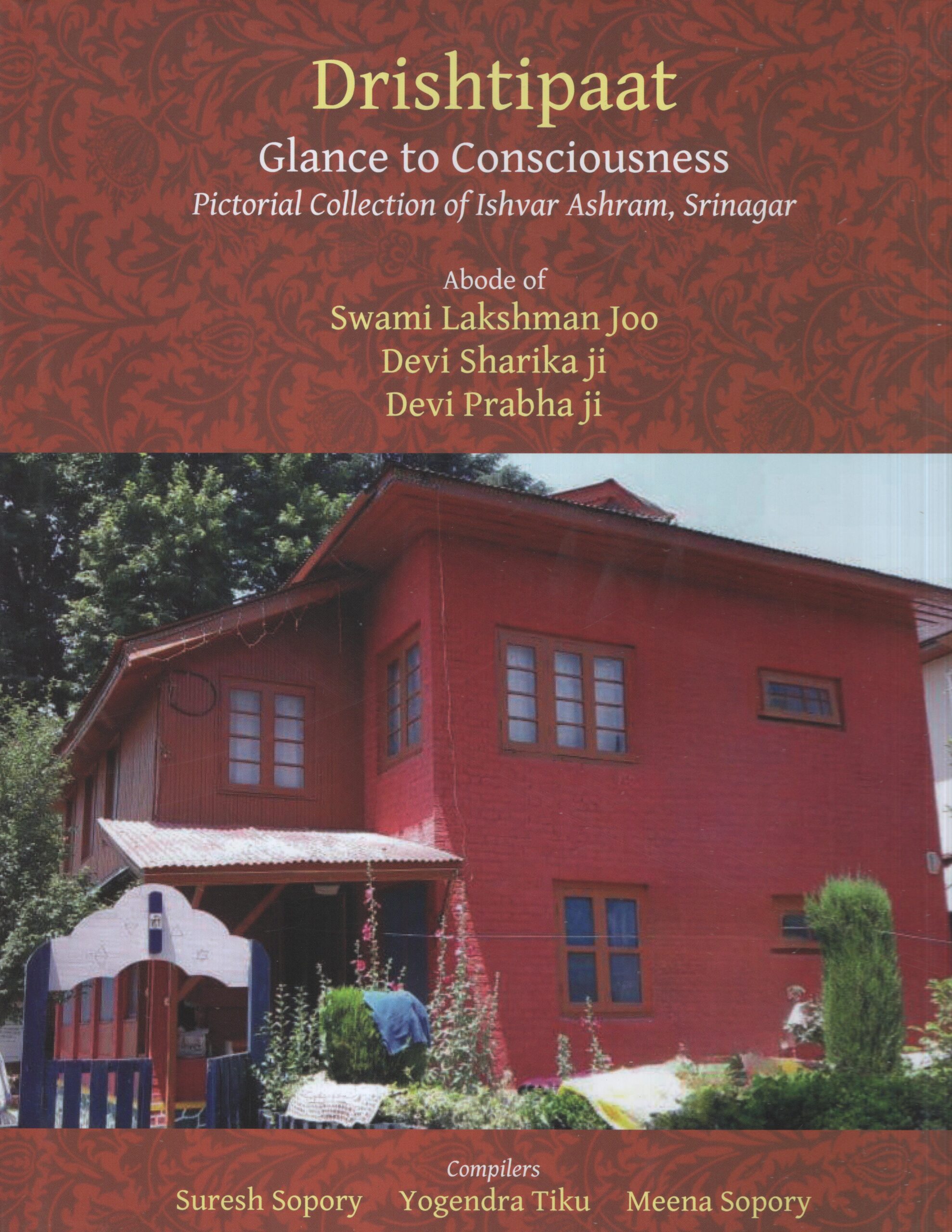
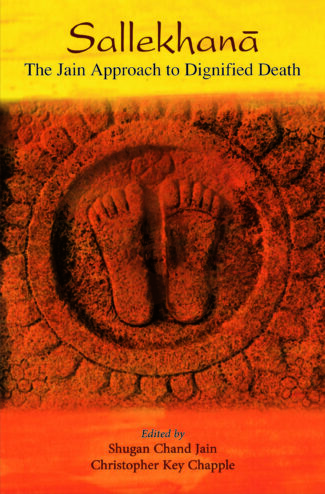
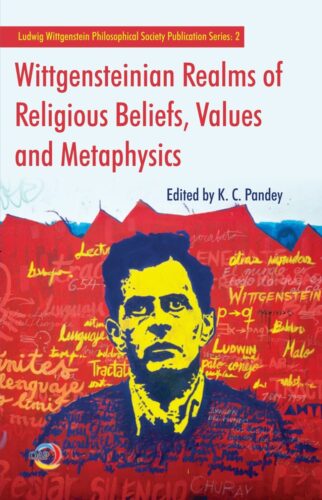
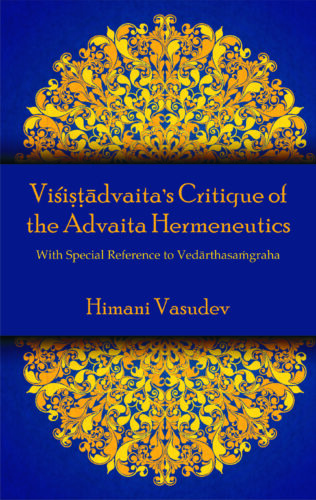

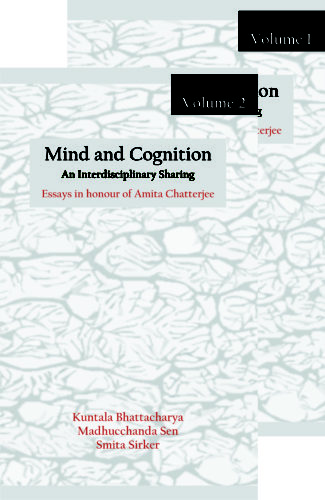
There are no reviews yet.